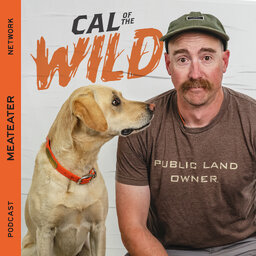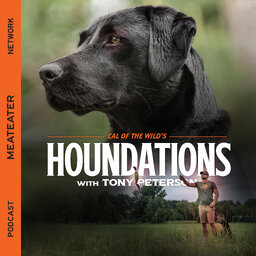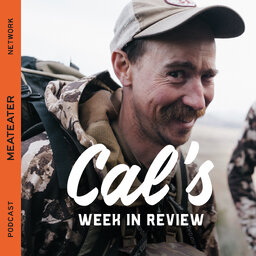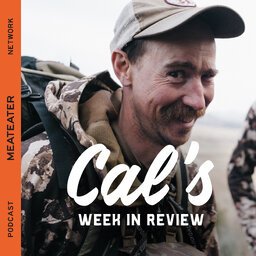Ep. 387: Houndations - First-Dog Triumphs and Duck Dog Realities with Max Barta
This week, Tony interviews MeatEater's Max Barta. They discuss how Max went about getting his first real bird dog, and what it took to develop her into an asset in the duck blind.
Connect with Tony, Cal, and MeatEater
MeatEater on Instagram, Facebook, Twitter, Youtube, and Youtube Clips
MeatEater Podcast Network on YouTube
Shop Cal's Merch
 Cal of the Wild
Cal of the Wild


